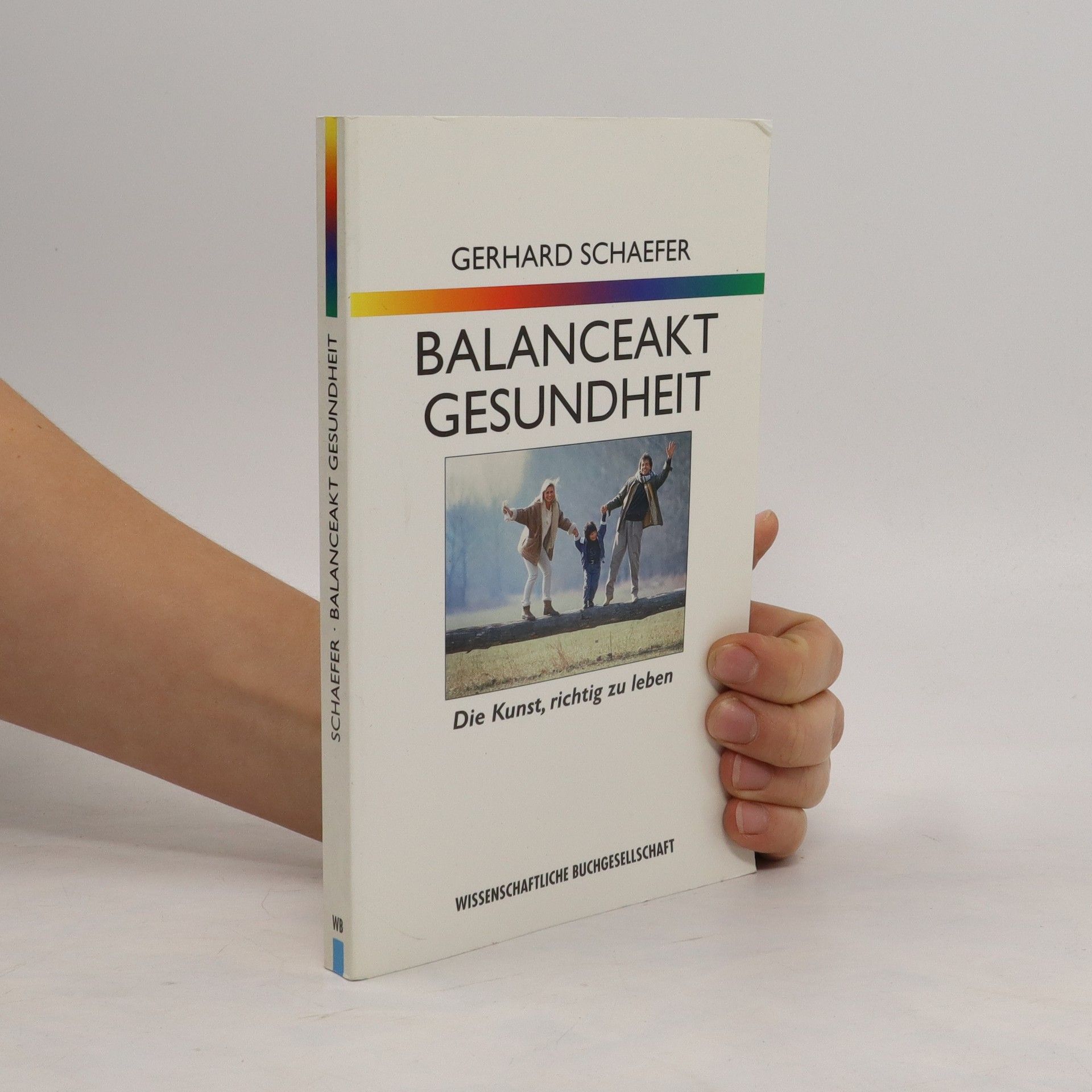Biologie des Menschen
- 252 pages
- 9 hours of reading


Ein „Zuviel“ führt zu einer Krankheit und ein „Zuwenig“ ebenfalls. Zwischen beiden Extremen liegt die Gesundheit. Die Kenntnis der „12 Lebensprinzipien“ eröffnet die Chance zur Harmonisierung des gegensätzlichen Kräfte in allen Lebensbereichen - für ein gesundes Gleichgewicht.